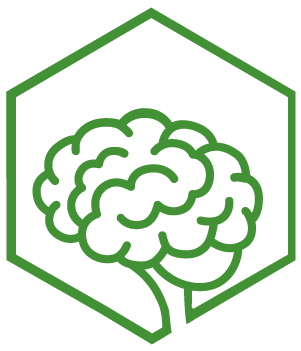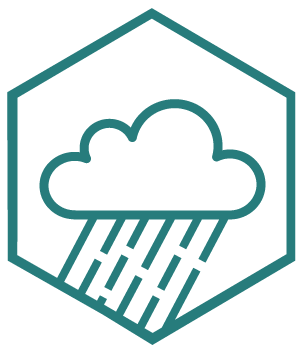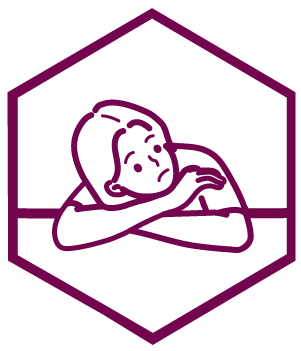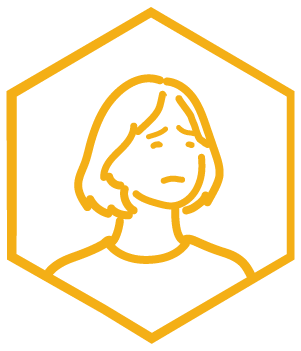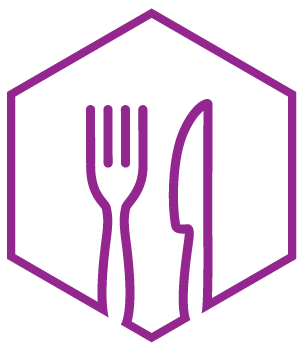Doing these three things helps to increase good body chemicals and rid your body of the bad stress chemicals. They enable you to Ground, Release and Recharge your energy.
GROUND yourself in your body when you are supporting others, feeling your feet firmly on the ground and consciously breathing.
RELEASE the pain that you take inside yourself from others. This can be done through any regular aerobic exercise such as, running, singing, virtual workouts, even dancing in your living room. This will release stored adrenalin and stress from your lungs and body.
RECHARGE your connection to life and get your body generating good chemicals by spending time connecting with friends and loved ones virtually, with pets, through play at home, being out in nature, having fun, getting creative or spiritual activities at home.


